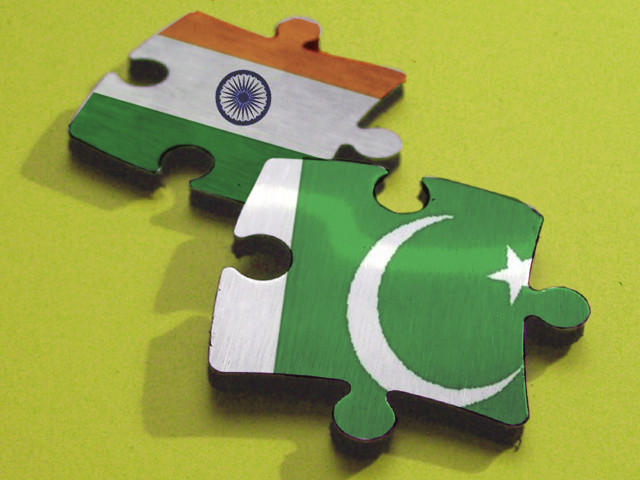Invitation to Dr Manmohan Singh
While the world is in favour of the visit, the extreme right-wing elements in India do not want it.

Invitation to Dr Manmohan Singh
Mr Singh has defied an anti-Pakistan opposition in Lok Sabha to assert that he wants to remove interstate tensions with Pakistan. On the other hand, Pakistan has chosen to revisit its foreign policy paradigm that is India-centric, bringing it negative dividends.
The two sides have made public gestures to soften the bilateral hostility felt at the level of the common man. President Zardari has visited Ajmer Sharif in India and applied his usual ‘reconciliatory’ diplomacy to New Delhi while giving the go-ahead to its party to forge ahead on the question of opening free trade with India; India has accepted the Pakistani cricket team’s tour to India and has announced that it would not join the US in enhancing its presence in Afghanistan to the detriment of Pakistani interests.
The positive fallout of the visit will actually begin with trade-related agreements in September so that Mr Singh will look good while exploiting photo opportunities in Pakistan. The world will look on with bated breath because normalisation of Indo-Pak relations will bring down the temperatures of conflict in the region now focused on Afghanistan. While the world is in favour of the visit, the impediments are mostly at home: the extreme right-wing elements in India do not want it because of the continuing scandals relating to the 2008 Mumbai attacks; in Pakistan, jihadist organisations united under the banner of the Difa-e-Pakistan Council have warned India of reprisals in response to its Afghan policy.
This diplomacy will have to proceed against the current of public opinion. The Indian media is riled after Pakistan’s stubborn denial campaign following the revelations made by Abu Jundal, the Indian terrorist who was present in Karachi when the Mumbai attack was being planned; the Pakistani media is full of stories about the Taliban being funded by the US and aided by India in its bloody forays into Pakistan’s cities, killing innocent citizens. Earlier, Pakistan told India that it is interfering in Balochistan by aiding and abetting the Baloch separatists but without presenting to New Delhi any internationally credible proof of its allegations. A separate campaign has been unleashed in Pakistan about the ‘stealing’ of Pakistani waters from rivers by India building hundreds of dams in violation of a waters treaty.
If Pakistan and India are left to themselves, they will probably not be able to prevent more wars between each other. The outside world is featuring more and more in the current diplomacy by the two, mainly because any conflict between them threatens to escalate into a nuclear war. Both are dependent in varying degrees on the outside world; Pakistan in terms of aid which it needs to survive and India because it wants to expand its stature globally, which the old ‘stay at home’ doctrine will not deliver.
Out of the two, Pakistan is in dire straits. Unfortunately, this will make progress difficult because of the rise of suicidal ‘ghairat’ on the basis of the slogans popularised by politicians and the non-state actors aligned with al Qaeda. The opposition is presenting serried ranks to President Zardari’s initiative with the media playing its frog chorus. It is Pakistan that will have to change the domestic rules of the game set by the army and face the outside world more attuned to pragmatism and economic opportunism to stave off state collapse.
The future of Pakistan is threatened no longer by conflict on the eastern border but by the rapid unfolding of the ‘endgame’ of international military presence in Afghanistan on the western border. India and Pakistan need to coordinate policy in order to secure themselves against any hostile post-withdrawal developments there. For that, they need to normalise relations, move forward on the creation of pro-peace vested interests on both sides through free trade facilitating infrastructure connectivities in the region and adjacent regions like Central Asia.
Published in The Express Tribune, July 29th, 2012.















COMMENTS
Comments are moderated and generally will be posted if they are on-topic and not abusive.
For more information, please see our Comments FAQ